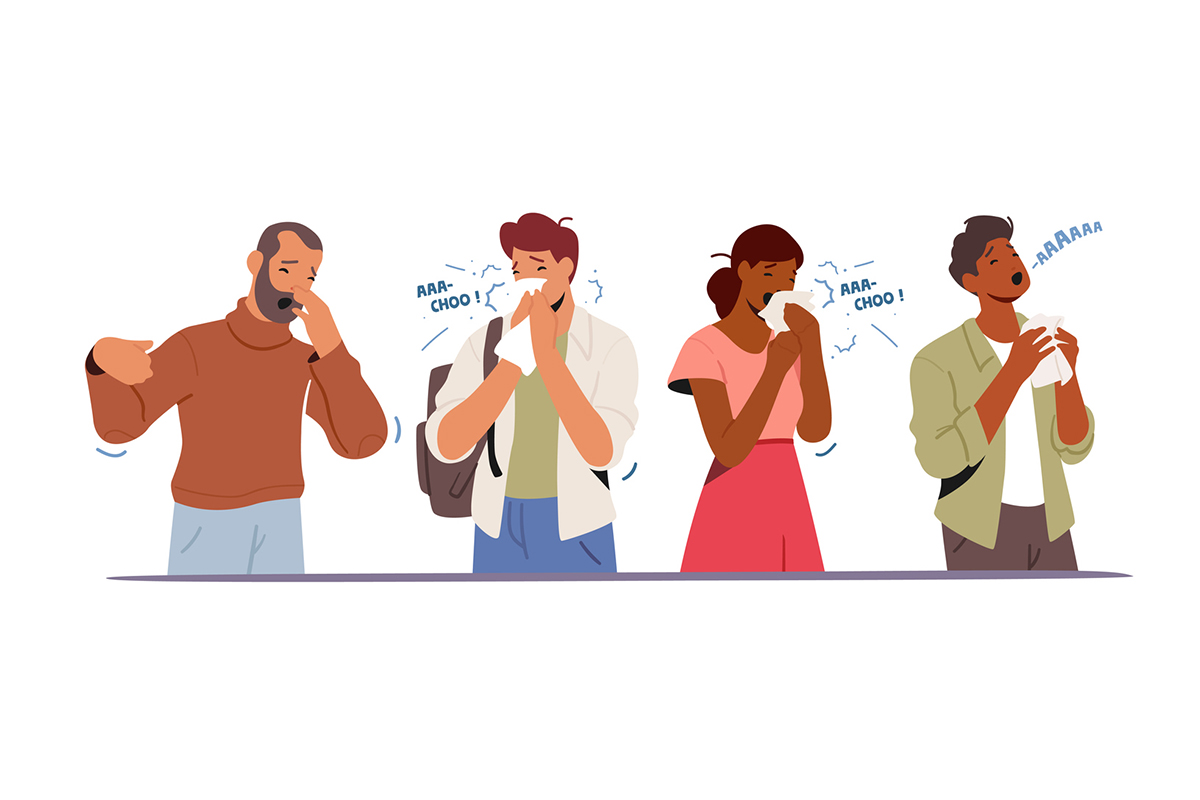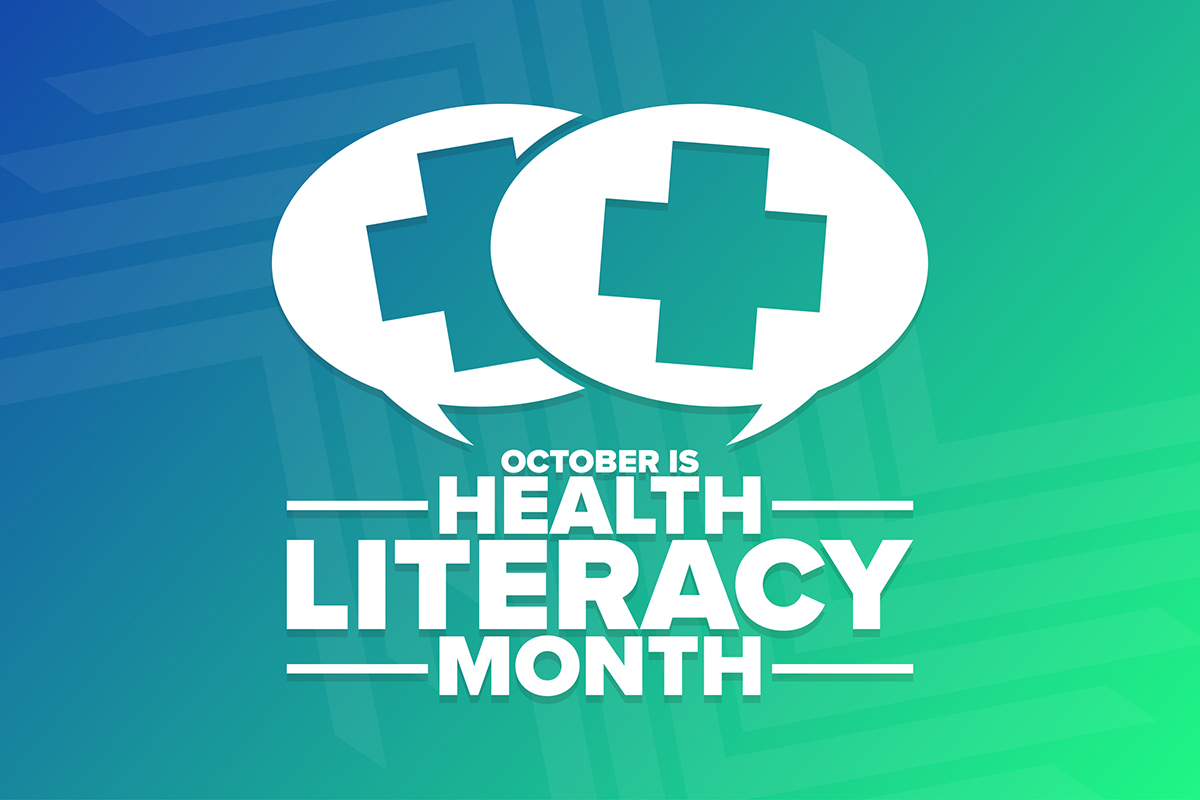For as long as I can remember, over a 40 year career in medicine, there have existed two warring paradigms about disease: One envisions a future in which science will ultimately vanquish all disorders with ever more precisely-targeted drug and surgical interventions; the other maintains that the truth path to wellness lies in harnessing diet, lifestyle and nontoxic natural modalities to offer prevention and cures.
Covid presented an opportunity to contest the validity of these two paths. If it were conclusively demonstrated that Big Pharma could eradicate Covid with vaccines and drugs, it would strike a blow against the obstinate “refuseniks” who cling to obsolete notions that natural therapies enjoy primacy.
After all, those who once claimed that AIDS was a lifestyle disease, spawned by the dissolute habits of promiscuous gay men, were repudiated when diet, vitamins and herbal concoctions failed to save patients; it was an undoubted triumph of allopathic medicine when innovative drugs halted the virus in its tracks. Those were the years that shaped the outlook of Anthony Fauci, then head of the AIDS response, and convinced him that a similar paradigm could conquer Covid.
We are now commemorating the 3rd anniversary of the pandemic. Headlines of January 30, 2020:
“What we know now
- The latest: At least 213 people are dead and more than 9,692 cases have been confirmed in mainland China, as the virus spreads globally.
- Health emergency: World Health Organization has declared coronavirus a public health emergency of international concern.
- Global problem: There are more than 9,700 cases worldwide. The outbreak has reached 20 places outside of China, including India and the Philippines.
- China on lockdown: Nearly 60 million people have been under partial or full lockdown in Chinese cities for a week.
- Evacuations: The UK, US, Japan, and several other countries are working to fly their citizens out of Wuhan.”
And that was only the beginning of our long nightmare.
Hindsight is 20/20, but what we know now makes a mockery of some of the measures taken. When evaluating novel medical paradigms, I often embrace the perspective of Jacob Stegenga, Ph.D., Professor in the Department of History and Philosophy of Science at the University of Cambridge. He’s author of Medical Nihilism, a book I reviewed amidst the pandemic in an article entitled “Medical Nihilism—an idea whose time has come?”
His central thesis highlights what he terms, “Medicine’s Dark Secret: For some of our most widely used medical interventions, the best evidence available today suggests that they are barely effective, if at all.”
And, in retrospect, that’s what’s happened to many of the most highly vaunted measures taken to stanch the pandemic:
Lockdowns: The initial toll of Covid was bad in countries that did not adopt lockdowns, but those countries with the most draconian quarantines, like China, are now reeling from the consequences of delayed acquisition of natural immunity; other countries like Sweden with less stringent policies have long since weathered the crisis. It’s the classic embodiment of “the long short road vs. the short long road” parable.
The social and economic consequences of lockdowns were subordinated to the impulse to do something drastic. We now will have to cope with a tsunami of educational deficits, mental health problems, budget deficits, supply chain snafus, delayed medical diagnoses, drug and alcohol addiction, manpower shortages, crime, political polarization and a legacy of distrust in government and health authorities.
Hospital care: Distressed patients initially made their way to hospitals in droves, confident of deliverance. But for all too many, overzealous early reliance on bi-pap, ventilators and toxic drugs proved fatal. Dying patients were deprived of the last vestige of humanity when relatives were barred. Fortunately, the learning curve has been steep, and patients now fare better, as we’ve learned that severe Covid is not just a respiratory disease, but rather has vascular and autoimmune components. Restrictive hospital policies denied patients innovative treatments such as those advocated by the Front Line COVID-19 Critical Care Alliance (FLCCC) that could have saved lives.
Vaccines: Albeit somewhat effective against the original strains of Covid, the vaccines were rushed into mass-distribution after minimal testing of a novel technology. The new bivalent vaccine was approved with scant validation; breezy claims of its efficacy are based on observational studies that are corrupted by the “healthy user bias”—the likelihood that 3rd and 4th vaccine-compliers are more risk-averse, better-educated, and more likely to follow lifestyle guidance. Meanwhile, the virus has evolved variants that elude the upgraded vaccines.
Their harms were down-played; no vaccine in modern history has come with such a host of side effects. It’s only now emerging that strokes, myocarditis, weird neurological problems and even sudden death occur with alarming frequency.
On the other hand, I don’t believe, as do some apparently, that every unexpected sudden death in a relatively young person is due to the vaccine. As to overheated assertions that they’ve altered our DNA permanently and will turn all of us into spike protein factories, well, I’m skeptical, but with public health’s deliberate concealment of real vaccine harms, who can blame segments of the public for catastrophizing?
Persecution of the unvaccinated: In a permanent blot on civil liberties, politicians caved to imperious health authorities who were reveling in their new-found super-powers. Choosing between a jab and a job? Draconian laws marginalized the unvaccinated, and human nature’s worst instincts were unleashed as bullies called for vaccine refuseniks to be punished. The unvaccinated were reviled as “Typhoid Marys”, despite subsequent research revealing that the vaccinated were nearly equally likely to transmit the virus.
Antivirals: There are two for oral use—Paxlovid and Molnupiravir. They are best taken early in the course of infection, which limits their efficacy, because many patients don’t know they need them until they’re past the point where their modest benefits can kick in.
In the case of Molnupiravir, the best case for its use comes from a study that showed of 709 people who received Molnupiravir, 6.8% were hospitalized or died within this period compared to 9.7% of the 699 people who received a placebo—hardly a resounding success.
Paxlovid outperformed Molnupiravir in clinical trials, so it’s being used more frequently in the U.S. But it’s plagued by the tendency for “Paxlovid rebound” to occur; it also characteristically causes a rancid metallic taste in the mouth. And Paxlovid is contraindicated for the elderly and sick patients who may need it most because adverse reactions occur when it’s combined with many commonly used medications, limiting its utility. Programs to ease acquisition of these meds have foundered with poor uptake, despite huge taxpayer outlays for government stockpiles.
Censorship of “misinformation”: Anyone challenging the efficacy of vaccines, highlighting their side effects, criticizing lockdowns, endorsing the “lab leak theory”, or suggesting other than standard approved treatments for Covid faced shadow-banning or even deplatforming. A corrosive collaboration developed between government and the media to reinforce the Covid narrative and to suppress alternative views. But yesterday’s misinformation often turned into today’s verities.
Ignoring natural solutions: As early as March, 2020, the New York Times prematurely proclaimed “Supplements won’t help for Covid—and may harm”. This despite the fact that hundreds of legitimate studies have been written—before and during Covid alike—documenting the immune-supportive benefits of vitamins, minerals and nutraceuticals.
Nor was there any acknowledgement of the critical roles that diet and exercise play in reducing susceptibility to severe Covid infections. Now, in the wake of numerous studies, there’s ample evidence. Instead, public health messaging was all about masking, distancing, staying home, and taking shots. The net effect was to promote obesity, inactivity, isolation and disempowerment, rendering the populace ever more vulnerable to the virus.
During the pandemic, I floated a book proposal about these modalities for building immune resilience with a top book agent. Major mainstream publishers acknowledged that the proposal was excellent, but averred that alternatives for Covid were a topic that was too “controversial” to be marketable; in lockstep, fearful of backlash, they denied the public access to this timely information. Instead, I reworked the proposal into a detailed document entitled “Immunity Reset: A Personalized Plan to Pandemic-Proof Your Body and Build Resilience”, which you can download here for free.
You, as followers of Intelligent Medicine, believed in the power of natural modalities to reduce your susceptibility to Covid, while questioning the mainstream narrative. You are being vindicated. Your skepticism was justified. The tide is turning.








